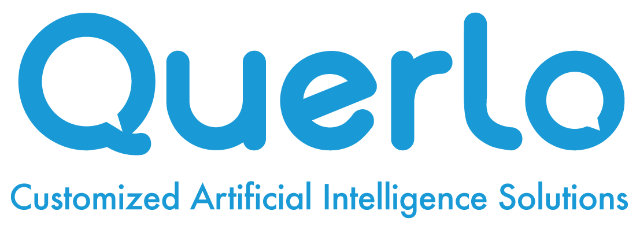Chatbots are becoming increasingly popular and are being utilized in various industries for a variety of use cases. Here are some of the most common chatbot use cases:
- Customer service: One of the most common use cases for chatbots is to provide quick and efficient customer service. Chatbots can answer frequently asked questions and provide solutions to common problems, freeing up human customer service representatives to handle more complex issues.
- Sales and marketing: Chatbots can be used to engage with potential customers, providing them with personalized recommendations and offering them special deals. Chatbots can also collect information about customers to help companies better understand their target audience.
- Banking and finance: Chatbots can help customers manage their finances by providing them with account information, allowing them to make transactions, and offering investment advice.
- Healthcare: Chatbots can help patients schedule appointments, find a doctor, and get answers to common medical questions. They can also help healthcare providers improve patient engagement and satisfaction.
- Retail: Chatbots can assist customers with product recommendations, help them find what they’re looking for, and provide information about promotions and sales.
- Human resources: Chatbots can help HR departments automate routine tasks such as scheduling interviews, providing benefits information, and answering employee questions.
- Education: Chatbots can provide students with personalized learning experiences, offering suggestions for courses and study materials. They can also assist teachers with administrative tasks.
These are just a few examples of the many chatbot use cases. As technology continues to advance, the possibilities for chatbots are endless and they will likely become an increasingly important part of our daily lives.

